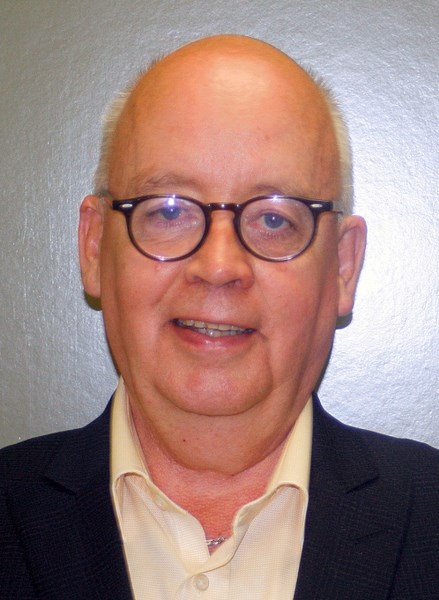At the end of October, Prime Minister Justin Trudeau named 21 non-partisan senators to the upper chamber in a merit-based process. None were from Alberta, which does not have a Senate vacancy at present.
It's not the Triple E that Alberta populists advocated for 30 years in the campaign for an elected Senate, with equal representation from the provinces and territories and effective powers.
But it is Senate reform.
Now 44 independents – 28 appointed by the Governor General on recommendations from Trudeau – are the largest block of senators, outnumbering the 40 Conservatives and 21 Liberals.
Some 2,700 Canadians applied for the latest round of appointments to an independent advisory panel that recommended 105 names.
Past political activity won't disqualify a Senate appointee but a new senator is expected to not make his public role a partisan one.
In March, the panel recommended 25 candidates from a list of names recommended by Canadian organizations. Trudeau appointed seven and tweeted that the appointments would “help make the Senate more effective and independent.”
On Oct. 27 he said the 21 new appointments will, “make the Senate more modern and independent and ensure that its members have the depth of knowledge and experience to best serve Canadians.”
It is part of Trudeau's process to depoliticize debate in the “chamber of sober second thought” that began in 2014 when he asked Liberal senators to leave the Liberal parliamentary caucus.
Independents will have the voting majority in the Senate and on the standing committees.
Three Conservative senators, Betty Unger, Doug Black and Scott Tannas, were elected by Albertans in the 2004 and 2012 Alberta senate nominee elections and appointed by Stephen Harper when he was prime minister.
Two other senators were also elected by Albertans: Stan Walker of the Reform Party and Progressive Conservative Bert Brown.
Walker has died and Brown has retired.
The Alberta senate nominee elections were intended as a stopgap until the elected senate, but the Alberta Senatorial Selection Act expires on Dec. 31 this year, and is expected not to be renewed.
It is ironic that the new agent of change is Justin Trudeau because the impetus for Senate reform, and the first elected senators, came from Alberta after Prime Minister Pierre Trudeau wreaked havoc on the oil and gas economy with the National Energy Program in 1980.
Remember when Bert Brown on a tractor cut the words “"Triple E Senate or else" in a borrowed barley field?
That had more impact on Canadian public life than the bumper sticker, “Let the eastern bastards freeze in the dark.”
But, as Nobel laureate Bob Dylan wrote, “the times they are a changing.”
- Frank Dabbs is a veteran political and business journalist, an author and book editor.

